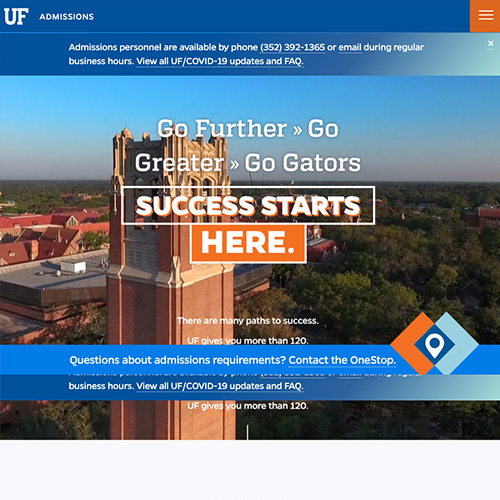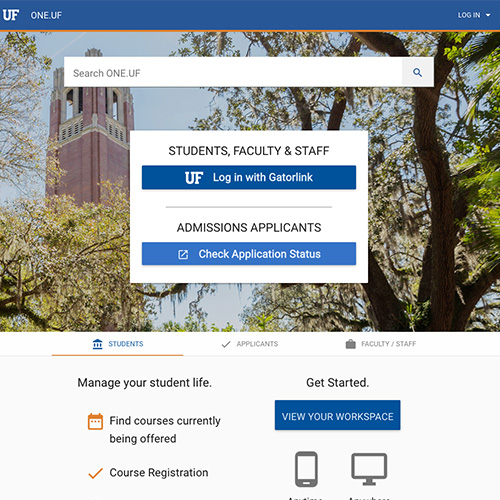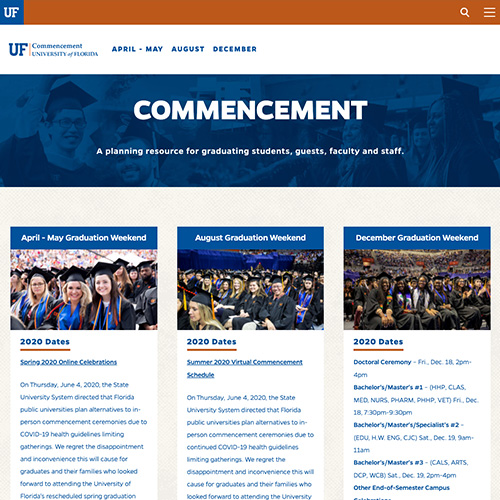FEAP 5e.- Engages in targeted professional growth opportunities and reflective practices, both independently and in collaboration with colleagues.
Printable Version (.pdf)
|
UNSATISFACTORY |
DEVELOPING |
ACCOMPLISHED |
EXCEPTIONAL |
| Despite evidence to the contrary, the teachers says, “My students did great on that lesson!” (D)
The teacher says: “That was awful; I wish I knew what to do!” (D) The teacher receives the AFT publication but never reads it. The teacher has students in work groups but there is no structure to the task. (M) |
At the end of the lesson the teacher says, “I guess that went okay.” (D)
The teacher says: “I guess I’ll try X next time.” (D) A parent says, “I received the district pamphlet on the reading program, but I wonder how it’s being taught in my child’s class.” (D) The teacher is watching a free webinar on “Effective Classroom Apps for an IPad” during her planning period. The teacher checks her favorite educational blog regularly. The teacher receives the AFT publication and reads it periodically. The teacher uses cooperative learning groups to increase student engagement and accountability. (M) |
The teacher says: “I wasn’t pleased with the level of engagement of the students.” (D)
The teacher’s journal indicates several possible lesson improvements. (D) The teacher compared her students’ test results with the teacher’s next door to assess her ability to get the content across. The teacher told her teammate about a free webinar on “Effective Classroom Apps for an IPad” and watches it with her during her planning period. The teacher tries an idea she read about from her favorite teacher blog . The teacher receives the AFT publication and anxiously reads it upon its arrival. At lunch, the teacher says, “I tried this new Kagan strategy called “Numbered Heads” yesterday. It was really effective.” Two science teachers decide to use a Kagan strategy and compare notes on how it went at lunch later that day. A teacher is heard saying, “I was so excited when I tried using concept attainment today. I’m so glad I read about it last week.” The teacher emailed the consultant from last week’s workshop to get some clarity on one of the teaching strategies. The teacher uses cooperative learning groups and reviews the students’ self-evaluation of their performance in the group to gauge student engagement. (M) |
The teacher says: “I think that lesson worked pretty well,although I was disappointed in how the group at the back table performed.” (D)In conversation with colleagues, the teacher considers different group strategies for improving a lesson. (D)
After reviewing the students’ exit slips the teacher reviews her teachers’ edition to find a new way to explain polynomials. The teacher is working on a particular instructional strategy and asks his colleagues to observe in his classroom in order to provide objective feedback on his progress. (D) After viewing a free webinar on “Effective Classroom Apps for an IPad” the teacher tries one of the apps and shares how well it worked with her team at lunch. The teacher tries an idea she read about from her favorite teacher blog and shared it with her team. The teacher receives the AFT publication and anxiously discusses new information at lunch the next day. At lunch, the teacher says, “I tried this new Kagan strategy yesterday. It was really effective. It’s called Numbered Heads and it works like this…” The teacher compares her cooperative learning group test scores with her teammate to see if the cooperative learning groups impacted their achievement. (M) |
Where noted, examples based on
“(D)” – Danielson C. (1996). Enhancing professional practice: A framework for teaching.
Alexandria, Va: Association for Supervision and Curriculum Development.
“(M)” – Marzano, R. J. (2007). The art and science of teaching: A comprehensive
framework for effective instruction. Alexandria, Va: Association for Supervision and Curriculum Development.
Resources:
http://www.teachingenglish.org.uk/articles/reflective-teaching-exploring-our-own-classroom-practice
http://www.nclrc.org/essentials/whatteach/reflect.htm
A webinar on how to use Google presentations and workshops so students and/or teachers can work collaboratively




